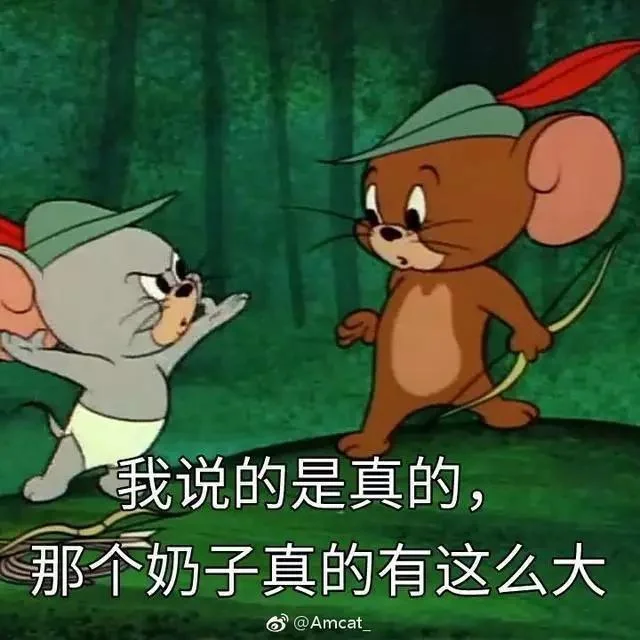We use cookies on our website for a number of purposes, including analytics, performance, and advertising. Learn more.
OK!
Boo
SIGN IN
Understanding ESFJ Anger: The Emotional Landscape of the Ambassador
By Derek Lee
Hey there, lovely readers! 🌼 Feeling puzzled by the unexpected emotional tempest that envelops your typically cheerful ESFJ partner or friend? Or if you're part of our ESFJ tribe, ever wondered why the tiniest slight can make your emotional barometer skyrocket? We totally understand. We're here to explore the triggers, manifestations, and coping strategies for ESFJ anger—whether it's your own emotions or those of someone you deeply care about.
Here, you’ll delve into the root causes that ignite ESFJ tempers, how this emotional whirlwind is typically expressed, and actionable advice to navigate and defuse these heated moments. Our end goal? To create a more harmonious, empathetic environment for all involved. 🌱
Explore the ESFJ Wellness Series
- Wellness for an ESFJ
- 10 Things that Excite ESFJ
- Traits of a Toxic ESFJ
- How ESFJ Handle Stress
- Surprising Sexuality of ESFJ
Unearthing the Root Causes of ESFJ Anger
Anger for us ESFJs isn't a frequent visitor, but when it does show up, it usually has a specific reason. We'll break down these triggers into five key categories for a better understanding.
Emotional neglect
We ESFJs thrive on emotional reciprocity. When we sense emotional neglect—perhaps we've been listening to you, but when it’s our turn, you seem distracted—it can make us feel undervalued and unloved. It's like a slow-burning fuse that could lead to emotional outbursts later on.
Injustice and fairness
Fairness isn't just a concept; it's almost like a physical need for us. When we see someone cheated or mistreated, especially someone we care about, it's like a call to arms. Our emotional equilibrium is disturbed, leading us to take steps to right the wrong.
Broken promises
Promises are sacred bonds for us. If someone reneges on a commitment, whether it’s forgetting an important date or not following through on a promise, we feel deeply hurt. The breaking of a promise equates to a betrayal of trust, which can spark feelings of anger and disappointment.
Dishonesty and deception
When we detect dishonesty or deception, it's like a crack in the foundation of a relationship. We pride ourselves on our transparent, honest dealings, and expect the same from others. When this trust is broken, our reaction is often a mix of hurt and anger.
Conflict and confrontation
Our nature leans towards harmonious interactions. We work hard to keep the peace. But when conflict or confrontation is forced upon us, we can feel cornered. In such instances, our emotions can quickly escalate to anger as a defense mechanism.
The Emotional Language of ESFJ Anger
Our expressive nature means that even our anger has its own unique language. From quiet withdrawal to vocal outpouring, let's unpack how this emotion unfolds in us.
Initial silence
We're talkative beings, but even we need a moment to process our feelings when angered. This usually manifests as a period of silence or withdrawal, which is us attempting to understand what just happened and how we really feel about it.
Emotional overflow
When we can't contain our emotions any longer, expect a sudden and passionate expression. This isn't meant to intimidate but rather to communicate the weight of what we're feeling. We aim for resolution, not escalation.
Plea for understanding
Our expressions of anger aren't really about blame; they’re about seeking a shared understanding. We raise our voices not to drown out yours but to make sure that we're mutually heard. Our confrontations are really pleas for connection and resolution.
Non-verbal cues
Sometimes, we express our discomfort through non-verbal cues. You'll see it in a tightened jaw, crossed arms, or a lack of eye contact. These are subtle indicators asking you to pause and tune in.
Return to harmony
We're the first to extend the olive branch usually. Once we've had our say and hopefully reached an understanding, expect us to shift the focus back to reconciliation and future harmony. A harmonious resolution is the only satisfactory end to any emotional conflict for us.
Strategies to Navigate the Turbulent Waters of ESFJ Anger
Anger is a complex emotion that both ESFJs and their partners need to handle delicately. Here are some concrete steps to manage it effectively.
For ESFJs
- Deep breathing: Before you say something you may regret, try a few deep breaths. It helps to center your emotions.
- Talk it out: Articulate your feelings but give yourself some time to gather your thoughts. Emotional clarity is the first step toward resolution.
- Seek support: A friendly shoulder can offer a fresh perspective and help you reevaluate the situation.
- Engage in physical activity: Sometimes, moving your body can help release some of that pent-up tension.
- Write it down: If speaking is hard, try jotting down your thoughts. It's a safe space to vent and often brings clarity.
For partners or people around ESFJs
- Give space but don't isolate: A little breathing room is good, but don't make us feel deserted.
- Listen actively: Your undivided attention when we're ready to talk means the world to us.
- Be honest but gentle: Frame your responses to be constructive rather than confrontational.
- Validate feelings: Sometimes, all we need is to feel heard and understood.
- Be consistent: Consistency in your behavior will help rebuild any lost trust.
FAQs
Do ESFJs hold grudges?
No, we generally don't like to hold grudges. We value relationship harmony too much. However, unresolved issues can linger, so it's best to address the root cause and move on together.
How can I apologize to an ESFJ?
Be sincere and direct. Acknowledge the specific action that caused the hurt, and express how you plan to avoid repeating it in the future. Your sincerity will likely be appreciated.
Can ESFJs be aggressive?
Aggression isn't our go-to emotional expression. What might look like aggression is often accumulated frustration that's seeking an outlet. Addressing the root issue is key to preventing such instances.
How can I help an ESFJ cool down?
Provide a safe emotional space. A warm hug, or even a cup of calming tea, can offer immediate relief. Gentle, empathetic conversation helps too.
Why do ESFJs take things personally?
We tend to invest emotionally in our relationships. So, when something goes awry, it’s challenging not to internalize that disappointment. But we're also resilient and usually eager to work things out.
Conclusion: Cultivating Emotional Wisdom as an ESFJ
For us ESFJs, or Ambassadors as some like to call us, understanding the complex web of emotions around ESFJ anger is crucial for maintaining the relationships that we hold dear. Whether you're an ESFJ or love someone who is, acknowledging the triggers and coping strategies empowers us all to create a harmonious emotional landscape. And that, dear friends, leads us back to the sunnier days we all crave. 🌈
MEET NEW PEOPLE
JOIN NOW
20,000,000+ DOWNLOADS
ESFJ People and Characters
Navigating the Journey Together: What Every Couple Should Expect in a Long-Term Relationship
Navigating the Maze of Love: Unveiling 12 Common INTP Dating Pitfalls and How to Overcome Them
Navigating Conflict with Grace: A Comprehensive Guide for Diplomat Personality Types
Navigating Love's Labyrinth: 14 Common ISFP Dating Pitfalls Unveiled
Universes
Personalities
Personality Database
Meet New People
20,000,000+ DOWNLOADS
JOIN NOW




























